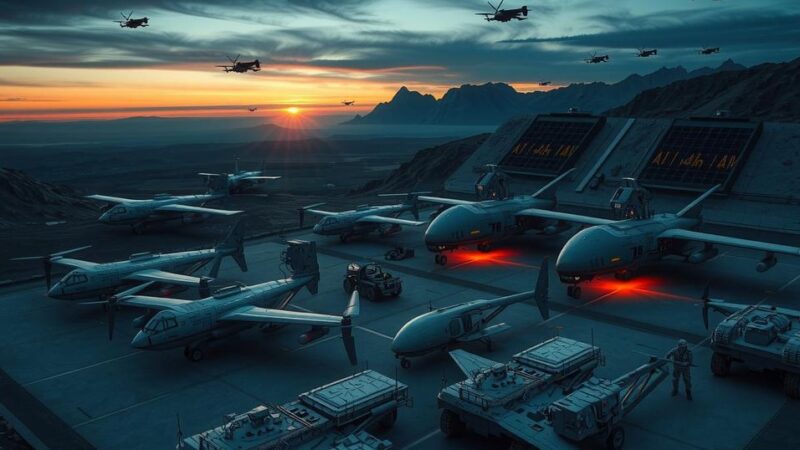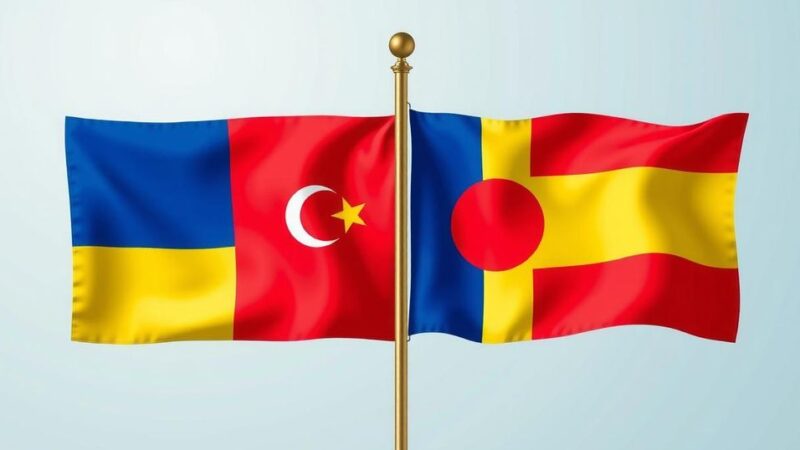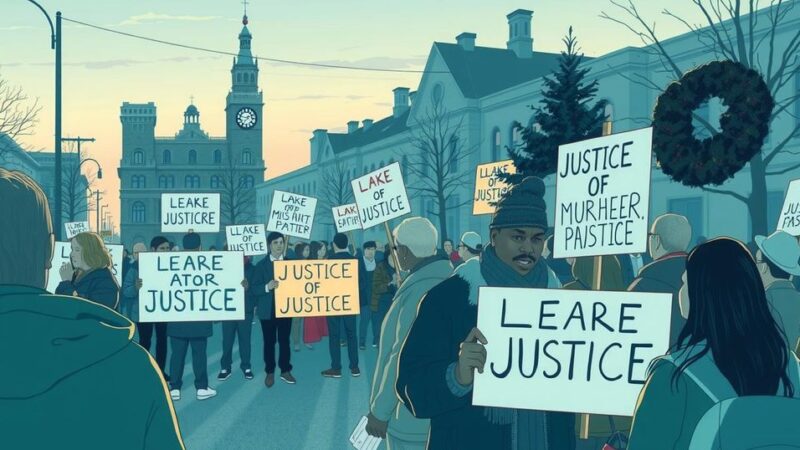Youth leaders in South Sudan are crucial in promoting peace and rebuilding communities affected by conflict. The initiatives led by figures like Lunia Okuch and Nyawar Monykuany aim to heal divisions, while also addressing economic recovery through vocational training. Despite ongoing challenges, these grassroots efforts exemplify hope for a more peaceful future in the country.
In South Sudan, youth leaders are spearheading initiatives to heal the country’s war-torn communities, demonstrating resilience despite the challenges they face. Lunia Okuch, a youth peace ambassador from Malakal, emphasizes the importance of moving forward, stating, “The past is already the past. We need to open a new chapter.” This sentiment reflects the broader aspiration of her generation, raised amid conflict, for a bright future.
The road to peace in South Sudan has been fraught with difficulty, characterized by cycles of violence even before its independence from Sudan in 2011. The civil war that erupted in 2013 exacerbated these issues, with the revitalized peace agreement of 2018 marking a crucial, albeit hard-won, improvement towards stability. However, new challenges now manifest as localized violence, particularly among youth gangs and cattle raiding.
Akol, a 22-year-old local gang member, expresses how economic despair influences youth engagement in gangs, saying, “If I had a job, I would not be in a gang.” Many young people face similar fates due to limited educational and job opportunities, contributing to a cycle of poverty. Akol highlights the unifying factor of shared struggles among gang members, stating, “We do not fight because of tribes. We fight to survive.”
Despite the adversity, hope for peace lies within the youth of South Sudan. Leaders like Okuch are actively bridging divides and fostering community understanding, even in the face of past violence. Women’s involvement is also critical, with Nyawar Monykuany, a representative for 13 counties in Upper Nile State, advocating for peace and dialogue. Monykuany notes, “Women can be peace ambassadors,” as she works to unite tribal groups through communication and mutual trust.
Economic recovery remains essential for sustainable peace. Joel John, a builder in Yei, credits vocational training programs for enabling him to support his family post-displacement. He acknowledges the broader implication of insecurity, voicing concern that violence in rural areas could hinder the progress made in urban settings.
While the 2018 peace agreement was a significant milestone, persistent threats such as ethnic divisions and resource scarcity pose ongoing challenges for communities. Organizations like the International Organization for Migration (IOM) facilitate local dialogues to promote grassroots peace initiatives. Ultimately, the commitment and grassroots efforts of South Sudan’s inhabitants will determine the country’s path towards lasting peace.
The youth of South Sudan demonstrate remarkable initiative in healing their communities and fostering peace. Their resilience amid economic hardships and social fragmentation underscores the critical need for youth engagement in rebuilding efforts. With both youth leaders and women like Nyawar Monykuany stepping forward, there is renewed hope for a stable future. However, the situation remains fragile, and continued support for grassroots initiatives will be vital in addressing the challenges that persist in the nation.
Original Source: www.aljazeera.com






